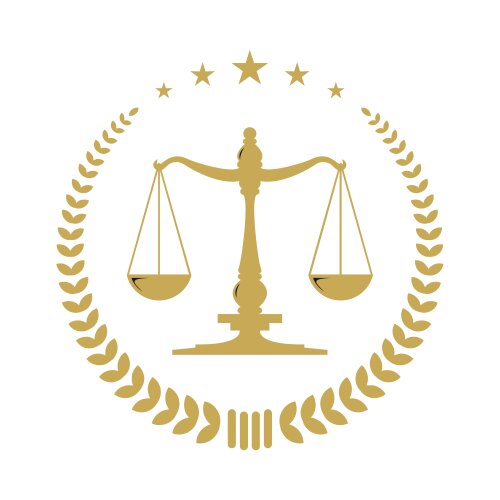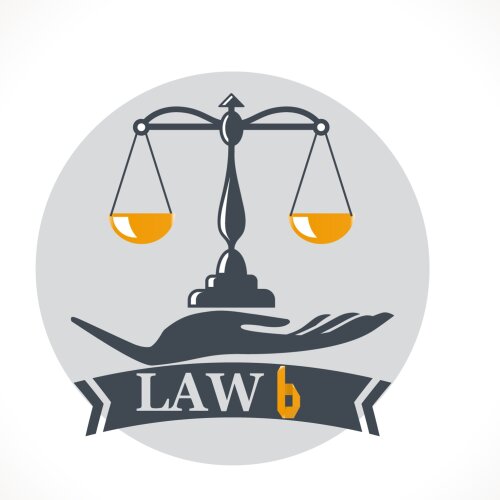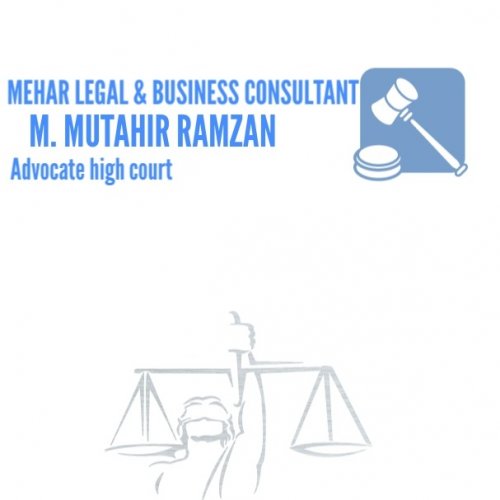Best Landlord & Tenant Lawyers in Islamabad
Share your needs with us, get contacted by law firms.
Free. Takes 2 min.
Free Guide to Hiring a Real Estate Lawyer
List of the best lawyers in Islamabad, Pakistan
About Landlord & Tenant Law in Islamabad, Pakistan
Landlord and Tenant laws in Islamabad, Pakistan govern the rental and leasing of properties and aim to protect the rights of both property owners and renters. They regulate matters related to rental agreements, eviction processes, rental adjustments, maintenance responsibilities, and more. The law is encapsulated mainly in the Islamabad Rent Restriction Ordinance, 2001 which overrides any inconsistent provincial rent laws in the Capital Territory.
Why You May Need a Lawyer
Legal assistance may be required in various situations such as drafting rental agreements, dealing with eviction processes, interpreting legal documents or handling disputes over rental adjustments or property damage. A lawyer can help ensure your rights are protected, guide you through the legal process, and represent your interests in court, if necessary.
Local Laws Overview
The Islamabad Rent Restriction Ordinance, 2001 is the main law governing Landlord and Tenant relationships. Key aspects include:
- Rental agreements must be in writing and registered with the Rent Controller.
- The Rent Controller periodically determines standard rent based on the market rate and other factors, ensuring fairness.
- Landlords can legally evict tenants only for reasons specified in the law such as failure to pay rent, subletting without permission, or for personal use of the property.
- Tenants have the right to necessary repairs and maintenance.
Frequently Asked Questions
Can a landlord evict a tenant without a reason?
No, a landlord cannot evict a tenant without valid reasons as prescribed in the Islamabad Rent Restriction Ordinance. These might include issues like non-payment of rent, subletting without permission, or if the landlord needs the property for his/her personal use.
What is the process of rent adjustment?
The Rent Controller periodically reviews and adjusts the standard rent, considering factors like market rates, cost of living, and property location. The Rent Controller's decision on rent adjustment is binding on both landlord and tenant unless successfully appealed in court.
Who is responsible for repairs/maintenance?
Under local laws, landlords are responsible for necessary repairs unless otherwise specified in the rental agreement. However, renters are often responsible for minor day-to-day maintenance.
Can a tenant challenge an eviction notice?
Yes, a tenant can challenge an eviction notice in court. It is recommended to seek legal counsel in such instances to understand the best course of action.
Can rental agreements be oral?
While informal arrangements can exist, rental agreements should be written and registered with the Rent Controller for proper legal protection.
Additional Resources
You may find the following resources helpful:
- The Islamabad Rent Restriction Ordinance, 2001: Pakistan's official document detailing landlord-tenant law in the capital territory.
- Local Rent Controller's Office: For registering rental agreements, filing complaints, and obtaining information on the standard rent determined for given periods.
- Pakistan Bar Council: You can seek professional legal advice or find a lawyer through its official website.
Next Steps
If you need legal assistance, consider contacting a lawyer specializing in landlord-tenant law. They can review your situation, advise you on your rights and responsibilities, and represent you if necessary. For drafting rental agreements or dealing with eviction processes, it's important to have legal help to ensure all actions align with current legislation.
Lawzana helps you find the best lawyers and law firms in Islamabad through a curated and pre-screened list of qualified legal professionals. Our platform offers rankings and detailed profiles of attorneys and law firms, allowing you to compare based on practice areas, including Landlord & Tenant, experience, and client feedback.
Each profile includes a description of the firm's areas of practice, client reviews, team members and partners, year of establishment, spoken languages, office locations, contact information, social media presence, and any published articles or resources. Most firms on our platform speak English and are experienced in both local and international legal matters.
Get a quote from top-rated law firms in Islamabad, Pakistan — quickly, securely, and without unnecessary hassle.
Disclaimer:
The information provided on this page is for general informational purposes only and does not constitute legal advice. While we strive to ensure the accuracy and relevance of the content, legal information may change over time, and interpretations of the law can vary. You should always consult with a qualified legal professional for advice specific to your situation.
We disclaim all liability for actions taken or not taken based on the content of this page. If you believe any information is incorrect or outdated, please contact us, and we will review and update it where appropriate.

















